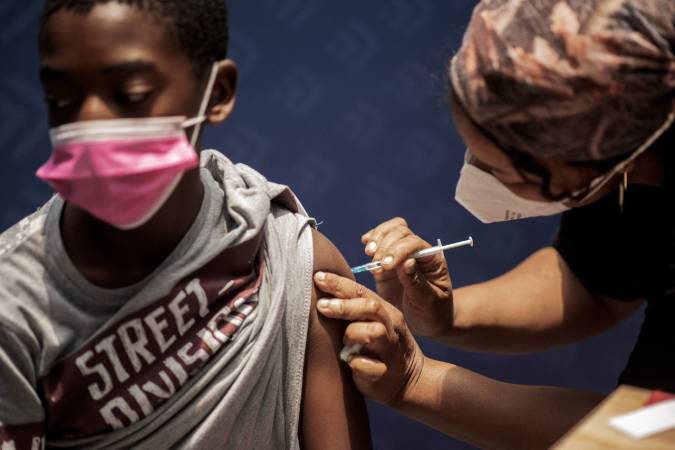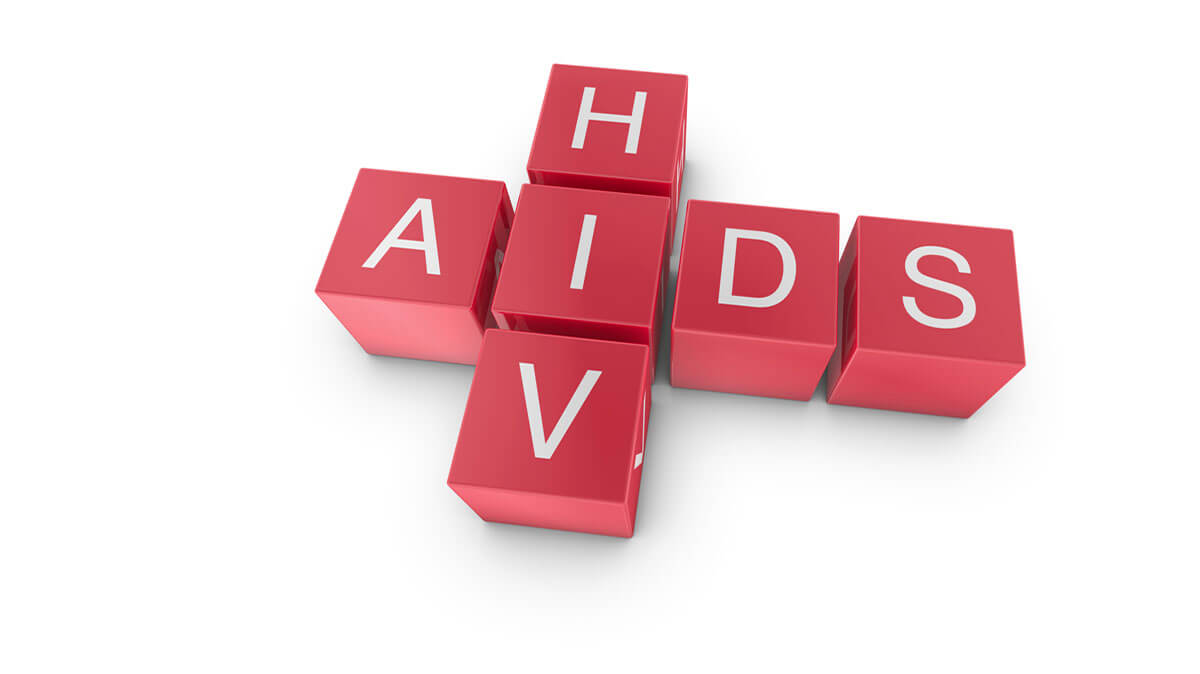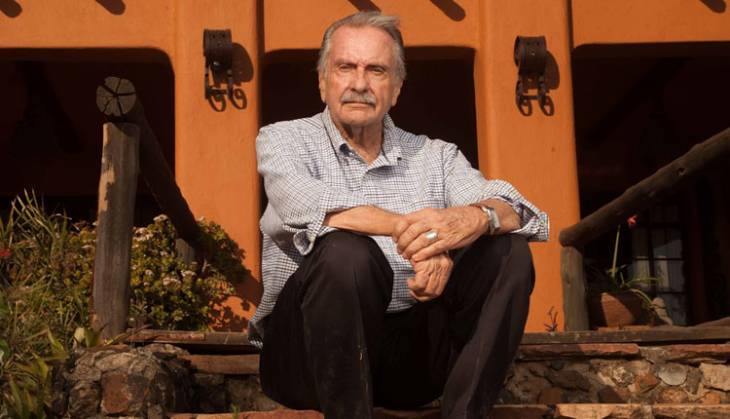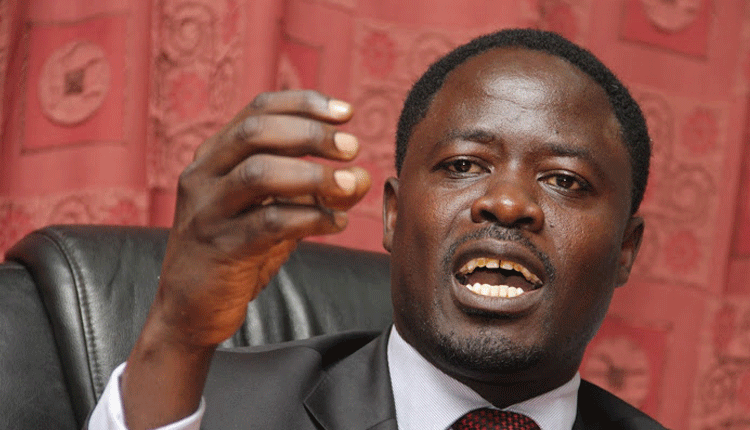The world has gone too far, no room for turning back

The 20th century has witnessed a couple of similar defining moments. One was the 1918 Spanish flu that lasted up to April 1920, infecting over 500 million people and leading to about 50 million deaths.
The second are the two world wars, the first from 1914 to 1918 and the second from 1939 to 1945.
Putting a stop to these human tragedies took a global effort, with certain countries emerging much stronger than others.
But Covid-19 is slightly different as it has taught us that there are no chosen few anymore.
The current pandemic has thrown humanity into deep waters, where we must rethink new ways of staying afloat.
We may or may have not witnessed the peak of the pandemic yet. In some Western countries, for instance, doomsday scenarios are still playing out, notwithstanding the fact that the rollout of vaccines has been entrenched. Lockdowns are back in earnest as infections spiral out of control.
Okay, it is going to be a new normal where the process will be as important as the end result.
It is the time to undertake an audit of the socio-economic and environment impact of lifestyles and means of production.
Some values that people hold dear will be turned on their heads as they become liabilities rather than assets.
For instance, liberal democracy will continue to be severely tested as the United States falls on its own sword.
The unbridled civil liberties enjoyed by the superpower and other Western democracies have actually backfired, as citizens resisted government measures to contain the pandemic.
This is the irony of how the West, which comprises much of the developed world, has been hardest hit by the pandemic.
Governments in these countries may be forced to institute ways of reducing the self-destructive excessive individual freedoms for the survival of their societies.
While the free ballot will not be affected, governments will seek ways of ultimately making their citizens more accountable and responsible for their actions.
Individual pursuits will be aimed at contributing to the common good rather than self-exaltation.
Health will now be one of the top goals at both national and global levels. We have realised that good health is invaluable to all human endeavor.
According to the World Health Organisation, global health expenditure was about 10 per cent in 2017.
As one of the key components in achieving Sustainable Development Goals, the pandemic has made universal quality health an urgent factor in planning.
On matters of faith, churches, synagogues and temples had largely shifted to offering online worship services, due to containment measures against crowding and group meetings.
Even as these regulations have been eased, many congregants are taking individual precautions, and opting to wait longer for the time when coronavirus will be fully subdued, to confidently return to places of worship.
With Covid-19, a new creed might just be evolving from the ashes of traditional religions.
Ironically, it has taken the pandemic for religious adherents to undertake serious soul searching about their faith vis-à-vis reality.
It is also time for the human race to go virtual where possible. With the curtailment of physical travel across regions and boundaries, people are seeking ingenious ways of communicating.
We are entering the age of virtual reality and artificial intelligence where there is a thin line between reality and fiction.
Even as they each keep to their lane, the world hopes 2022 will see a rapprochement between the US and China.
An escalation of tensions between the two largest economies in the world does not augur well for global peace and security.
Future survival will depend on both adaptability and acceptability of the new ways of life wrought by Covid-19.
What is for sure is that society will be reordered, for better or for worse, depending on one’s circumstances and point of view. — The writer comments on international affairs















